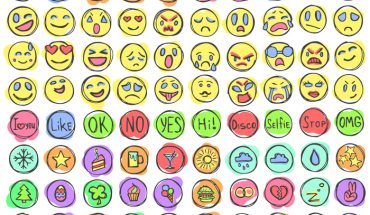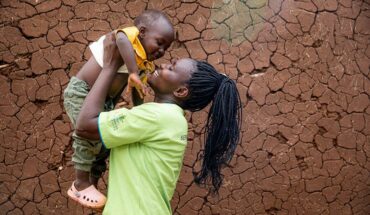Summer holidays are just around the corner and preparation is key when it comes to first aid on holiday.
Accidents and illnesses are often more difficult to deal with when you’re not in your home environment, so it’s important to take a few basic precautions to make sure you’re able to help should things go wrong. Ideally, you should attend a first aid course and ask the organisers to include elements relevant to the specific needs of your holiday and family.
If you’re going abroad, make sure you know number for the emergency services. 112 works throughout Europe. Further abroad, 112 may still work as it is becoming the global emergency number, but it’s best to check in your guidebook or on the internet.
Research in advance about specific dangers in the areas you are visiting and learn how stings, bites, illnesses or reactions should be treated if affected.
Research in advance about specific dangers in the areas you are visiting and learn how stings, bites, illness of reactions should be treated if affected.
Bring a compact, sensible first aid kit with you. Add any items relevant to your trip and try to plan for all eventualities.
If you are flying, small sachets of Calpol or Neurofen can help if the air pressure hurts children’s ears. Sipping water, chewing or sucking on a dummy whilst taking off can also help to relieve ear pressure.
Bites and stings
If someone is bitten or an open wound is licked by an animal, it is imperative you seek medical attention as soon as possible and receive prompt anti-rabies treatment.
Look out for sea urchins and other sharp dangers in the sea and encourage everyone to wear beach shoes when swimming and paddling. If a sea urchin spike does become embedded, soak the affected area in hot water and carefully remove the spike with tweezers. Pull it out in the direction it went in. Squeeze the wound to ensure you have got everything out. If you are unable to remove any spines, seek medical advice and monitor the wounds carefully for any sign of infection.
For common jelly fish stings, vinegar is the best antidote.
Hot climates
Dress in suitable clothing to allow your body to breathe in humid conditions. Wounds often take longer to heal and are more likely to become infected in high humidity.
Wounds often take longer to heal and are more likely to become infected in high humidity.
Ensure that any injuries are cleaned thoroughly and apply a sterile, breathable dressing. Remove the dressing and inspect the wound on a daily basis and seek medical advice if it becomes, hot, itchy or purulent.
Keeping everyone well-hydrated is critical in hot climates. Children need regular encouragement to drink, and you should be particularly vigilant about re-hydrating if you’ve overdone the heat, are suffering from a stomach bug or have overdone the alcohol. Pack rehydrating sachets in your first aid kit as these are incredibly helpful at rebalancing your mineral and salt intake.
Beware of the sun: cover up with hats, sunglasses and sun cream, drink plenty of water and keep out of the sun between 11:00 and 2PM. If you are near water remember this increases the potency of the sun and regularly apply additional sun cream accordingly.
If someone shows signs of heat exhaustion – looking flushed or sweaty, with stomach cramps or a headache – encourage them to sit in the shade and drink to replace their fluids. If they do not recover quickly, get medical advice.
Sunburn
Shower the affected area for 10 minutes under tepid water, then apply neat aloe vera. If a child is sunburnt or if their skin has blistered, seek medical advice.
Drowning
For advice on what to do if someone is drowning, please click here to read more.
www.firstaidforlife.org.uk
First Aid for Life provides this information for guidance and it is not in any way a substitute for medical advice. First Aid for Life is not responsible or liable for any diagnosis made, or actions taken based on this information. It is strongly advised that you attend a practical or online first aid course to understand what to do in a medical emergency.
- What is a seizure? - 13th March 2025
- Febrile Convulsions and Seizures in Children - 13th March 2025
- Why women are less likely to receive CPR or survive cardiac arrest - 6th March 2025







